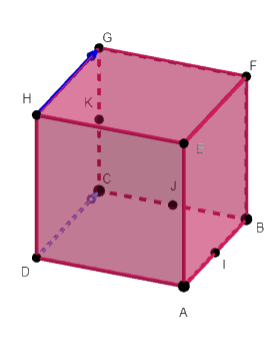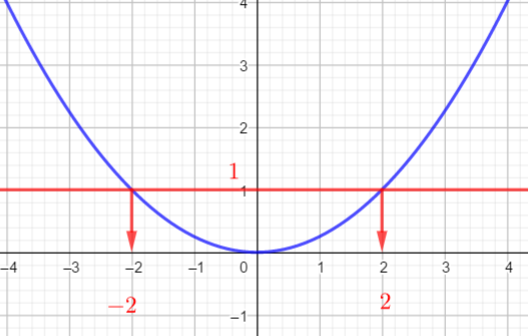Dérivées des fonctions de référence
La dernière ligne concerne une fonction qu’on étudiera en Terminale.
| Fonction | f(x) | Dérivable sur | f'(x) |
| constante | f(x)=k | \mathbf{R} | f'(x)=0 |
| identité | f(x)=x | \mathbf{R} | f'(x)=1 |
| carré | f(x)=x^2 | \mathbf{R} | f'(x)=2x |
| cube | f(x)=x^3 | \mathbf{R} | f'(x)=3x^2 |
| puissance n | f(x)=x^n | \mathbf{R} | f'(x)=nx^{n-1} |
| inverse | f(x)=\frac{1}{x} | \left]-\infty;0\right[\cup\left]0;+\infty\right[ | f'(x)=-\frac{1}{x^2} |
| racine carrée | f(x)=\sqrt{x} | ]0;+\infty[ | f'(x)=\frac{1}{2\sqrt{x}} |
| exponentielle | f(x)=e^x | \mathbf{R} | f'(x)=e^x |
| sinus | f(x)=sin(x) | \mathbf{R} | f'(x)=cos(x) |
| cosinus | f(x)=cos(x) | \mathbf{R} | f'(x)=-sin(x) |
| logarithme népérien | f(x)=ln(x) | ]0;+\infty[ | f'(x)=\frac{1}{x} |



